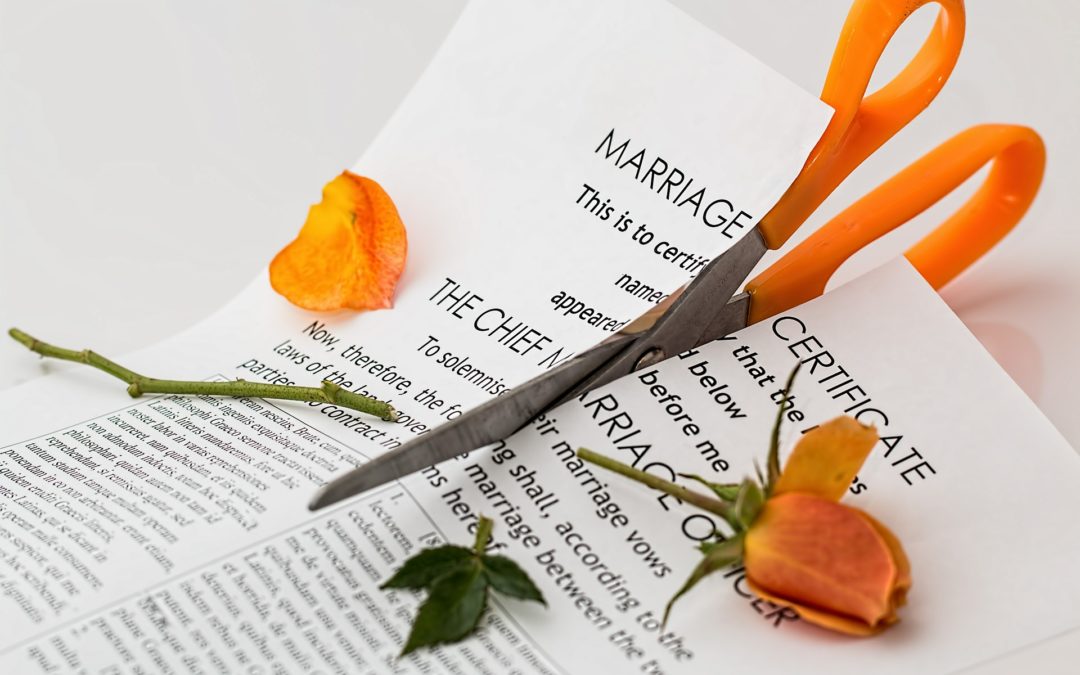Separation and divorce are difficult enough, without having to worry about unravelling your finances, but there are ways to make it easier. Our guides take you through what you need to know step by step…
What happens to the family home after you split depends on whether you own it (or if you still have a mortgage on it), or whether you are renting it.
Your status as a couple, whether you are married or cohabiting, will have some impact on what your options are. Property rights, if you are not married, will be determined by UK property law, rather than matrimonial law.
This is where things can start to get legal. Although it’s unlikely you’ll end up in court, it’s worth knowing what will happen if a court had to decide what to do with the family home.
A court will always put the well-being of children first. It will also consider both parents as needing somewhere suitable to live, if they are sharing custody of the children.
As parents, you do need to keep the well-being of children in mind, however, frustrated with your ex-partner you may be. Some upheaval is inevitable but it can be managed, and it’s important you know your rights.
First things first
Gretchen Betts is a chartered financial planner, who specialises in advising clients who are separating. She has given DAD.info readers this checklist:
- Get an up-to-date valuation of the property.
- Speak to your mortgage provider to confirm the sum still owing on the mortgage, and any penalties that will apply if you pay it off early.
- If you are thinking of keeping the property, ask about the process for changing the names on the mortgage agreement.
- If you are thinking of moving and still need to borrow money, establish now what level of mortgage you could obtain on your own.
- Establish what insurance policies (life or health cover) are associated with the property and mortgage and whether these will need to continue.
- If you have any other properties, get valuations for these too.
- Ensure you understand the ownership details of each property. Do not assume anything.
Your options after you separate
- Sell the home. You then both move out and each uses the money from the sale to buy another home each if you can afford it.
- Buy out the home. Arrange for one of you to buy the other out and keep the mortgage in one name.
- Keep the home and not change who owns it. One partner could continue to live in it, perhaps until your children are 18.
- Transfer part of the value of the property from one partner to the other. The partner who gives up this share keeps a stake or ‘interest’ in the home. This means that when it is sold he or she will receive a percentage of its value.
- Defer the sale of the home until the youngest child turns 18. In England and Wales you can take out a ‘Mesher order’ (or a ‘Martin order’ if the couple doesn’t have children). This also includes an agreement as to what happens to the proceeds of the home when it is sold.
Remember that if you decide to transfer the home to one of you, it should be valued on a date that you and your ex-partner agree on.
What happens if we’re not married?
If you have a joint mortgage on the property then you are legally both owners of the property. If one of you put down a larger deposit when you bought the home, this could complicate things, unless you had this acknowledged when you bought the property in a legal agreement.
If one of you stayed at home to look after the children while the other worked and paid the mortgage, this will be taken into account by the courts.
Find out about protecting your homeownership rights after separation here.
Going it alone
Taking on the mortgage in your name alone means you need to be able to afford the extra amount you will have to repay.
UK financial regulator, the Financial Conduct Authority (FCA), insists that mortgage lenders carry out thorough checks when one person takes on a formerly joint mortgage. Find out how much you can afford to borrow here.
Other options
Speak to your mortgage adviser as it could be you could get a relative (or your ex-partner) to act as a guarantor. A guarantor has to agree to repay the mortgage if you can’t. Money Advice Services’ guide on finding the right mortgage deal can help you decide.
DAD.info speaks to two couples to find out how they managed their living arrangements after separation…
Sarah & Frank
Sarah and Frank are both 43 and have two children aged 14 and 10. They have been married 15 years and they live in Surrey.
Their house is worth £350,000 and there is a £250,000 mortgage on it. Frank earns £50,000 and Sarah earns £25,000.
After separation, the couple decided not to sell the property. Although they would have received £80,000 equity (after expenses) to put down as a deposit, it would have left them having to borrow at least £200,000 each.
Frank opted to go into rented accommodation, but they agreed that Sarah would sell the property when the youngest child is 18 (or if she remarried) and share the sale proceeds at that point.
Because Frank has a company pension and Sarah doesn’t, they agreed on a future split of the sale proceeds to put into a pension for her.
Mo & Zara
Mo and Zara have been married for 25 years. Their children are 24, 21 and 18.
Their house is worth £400,000 and the mortgage is £50,000. The equity, therefore, is £350,000.
Mo has a pension worth £100,000. After separating, they decided to sell and split the equity in Zara’s favour because Mo has a pension. However, as he is still building up his pension, the whole £100,000 was not given to Zara. Instead, £75,000 was allowed, so Zara gets £250,000 to put down as a deposit for a new home.
Mo gets a £100,000 pension, so he gets £100,000 to put down as a deposit for a new home.
Sources: https://www.divorce.co.uk/your-finances/your-family-home/case-study-2








